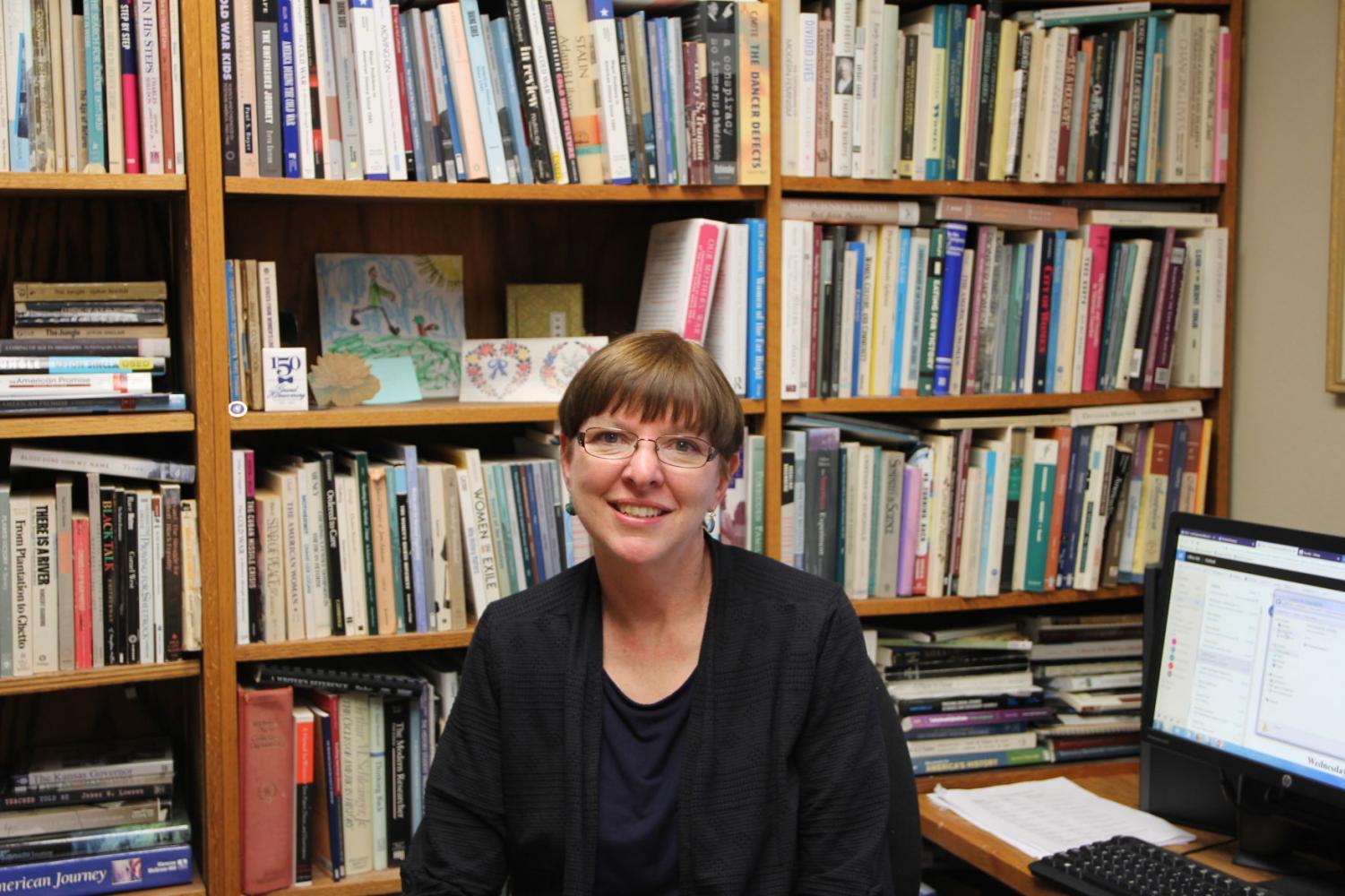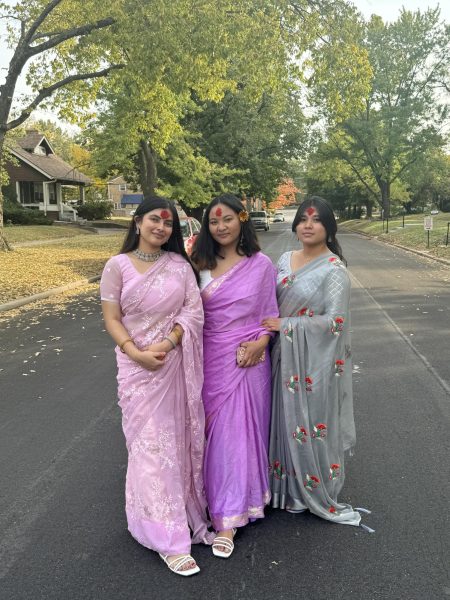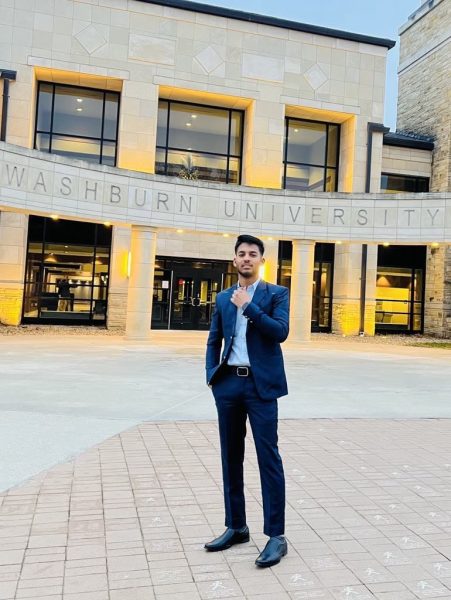Rachel Waltner Goossen: History as an empathetic enterprise
“Walking in the shoes of people from the past,” is how Rachel Waltner Goossen, Professor of history at Washburn, defines history. For Goossen, studying history is simultaneously an intellectual and an ethical enterprise. She said it is intellectually satisfying, as the broadness of history means that one never runs out of intellectual fodder.
“It is endlessly stimulating,” she said.
It is ethically sound, as it teaches one to be empathetic.
She realized this early on in her academic career when she was an undergraduate at Bethel College in Newton, Kansas. It is a liberal arts college, so students were required to pick classes from broad disciplines. Goossen had heard about two history courses renowned for their excellence. As soon as she chose to attend the classes, and with the encouragement of mentors, she decided to major in history.
In her sophomore year, her professor offered her a job as a teaching assistant. She was tasked with helping students study for exams. It was there that she first gained teaching skills that would come in handy.
“I learned how to organize the information and the history into timelines,” she said, talking about her affinity for timelines. After her undergraduates, she worked as a freelance writer and helped local communities think about and become conscious of their history.
After doing this for a while, she joined University of California to do her master’s in history. Then, she did her PhD in University of Kansas. The last two years of her PhD were occupied by her writing a book on the experience of women from Anabaptist groups during World War II.
“That was one of the most enjoyable things I have done,” she said. “It was a big, complicated project because everything I had done before that was locally based. This project was of a national scale.”
The book is called “Women Against the Good War”.
She has been teaching at Washburn for two decades now and she says it has been a great experience. For one, she knows the faculty thoroughly and likes how supportive everyone is. In fact, it was the support and the encouragement of the faculty that led her to offer her Anabaptism class for the first time in 2011, as she is an expert on the subject.
“I also like how small the classes are and how I can know students on a personal level. It is similar to Bethel.” She said. “I also like that Washburn is in Topeka. Since it is the capital, I get to help students find internships in the organizations in Topeka.”
Every semester a student interns for around 120 hours to build their skills.
And she feels that that is important. The way to college success, according to her, involves taking advantages of the different forums, talks, and organizations that help students foster relationships. She also believes that not feeling pressured to decide on a major helps.
In the future, she hopes to work with students, as had been her goal even when she was an undergraduate.
“I wanted a job where I could interact with people,” she said.
She ultimately wants to balance her teaching job with her scholarly work, which she says she is getting to do more of since her children graduated from college.
She is offering a class about the Vietnamese perspective of the Vietnamese War, or as the Vietnamese like to call it, “The American War” next semester.
“I think, as historians, as good as our intentions are, we tend to focus too much on our personal concerns,” she said.
Essentially, she wants to teach students to walk in the shoes of others and gain perspective, which, again, is what history is all about.
Your donation will support the student journalists of Washburn University. Your contribution will allow us to purchase equipment and cover our annual website hosting costs.









